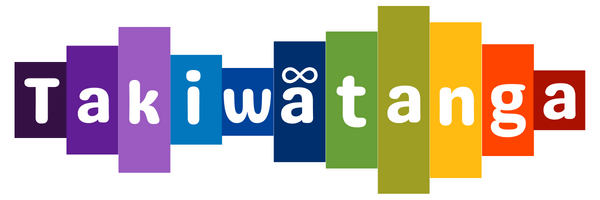We got an inspiring and relatable look at what it means to be a parent to children with disabilities, especially autism, in New Zealand. Hades X, our host, sat down with Meredith, a mum of two boys living in Te Tahi Bay, Porirua. Meredith’s story is not just about her family—it’s about how we can all help each other in the community when we face challenges like autism together.
If you’re searching for “parent to parent support New Zealand,” curious about the meaning of “Takiwātanga,” or want to know more about what “Autism New Zealand” services can look like, this blog will break it all down in a way that’s easy to read and understand.
What is Parent to Parent Support?
Meredith works for “Parent to Parent,” a New Zealand organization that started over 40 years ago. It’s designed by parents, for parents, to provide lifelong support to whānau who have children with all kinds of disabilities. You don’t even need a diagnosis for your child—you just need to be looking for help.
Parent to Parent support is about talking to someone who really “gets it.” Meredith explained that her main job as a regional coordinator for the Wellington area is connecting with parents over the phone or by email, listening to their stories, and figuring out what kind of information they might need. Sometimes that means giving advice, but a lot of the time, it’s just about being a listening ear or connecting parents with others in similar situations.
The organization also runs support groups, workshops, and fun events where parents can meet and chat over a coffee. These groups give parents a safe and positive place to share advice, tips, and even a few laughs about their shared journey.
What Does Takiwātanga Mean?
A beautiful word you might hear in New Zealand’s autism community is “Takiwātanga.” It comes from te reo Māori, and it means “in their own time and space.” This honors the idea that every autistic person is unique and experiences the world differently.
Meredith’s story is a perfect example of this. Both her sons are autistic, but their journeys are completely different. Meredith knows first-hand that every family will walk a different path, at their own pace. Her advice? Take things one step at a time. There will be tough days, but things can and do get better.
Getting Started: How to Find Help with Autism in New Zealand
It can feel overwhelming to navigate the world of autism support in New Zealand. Meredith remembered how confusing it was after her oldest son’s autism diagnosis. She got a pile of pamphlets and felt lost. “What now?” she wondered.
That is exactly why parent to parent support in New Zealand is so important. Parents who have already walked this path can help you find your way. Organizations like Parent to Parent and Autism New Zealand can connect you with information, support, and understanding.
For families just starting out, Parent to Parent even sends out special information packs after a new diagnosis, and they have a book called “About Autism” that serves as a one-stop resource. You don’t have to read it all at once—remember, Takiwātanga! Take the information in at your own pace.
Why Are Support Groups and Workshops Important?
Parent to Parent and Autism New Zealand both offer workshops, courses, and support groups. Many parents start with basic classes, like “Autism 101,” which help you understand the foundation. As your child grows, new challenges come up—like puberty or starting high school—and you might need more advanced advice.
The best thing about support groups is learning from other parents, not just experts. Meredith shared a story of a parent looking for tips on taking an autistic child to the optometrist. Other parents jumped in with simple (and not-so-simple!) suggestions. These golden nuggets can make a huge difference.
Parent to Parent also offers special sibling support programs, so brothers and sisters of kids with disabilities don’t feel alone. They can talk, make friends, and even do fun activities together while learning how to handle life with a disabled sibling.
Information for Every Family: Including Rare Conditions
Parent to Parent keeps a rare conditions register, helping families connect with others who might understand a unique diagnosis. If you have a question like “how do I support a child with PDA (pathological demand avoidance) in New Zealand?” or “how to deal with ARFID (a food aversion condition)?” the research team can pull together evidence-based information just for your situation.
Meredith even started a national online support group for parents of kids with PDA. They share ideas and support over Zoom and even have a WhatsApp chat to stay connected.
Self-Care for Parents: You Can’t Pour from an Empty Cup
Meredith is open about how hard some days can be. Lack of sleep, feeling lost, and wishing for some “normal” days are all common experiences. Her advice: don’t put too much pressure on yourself. Take small steps, celebrate every win, and be kind to yourself. Sometimes, just listening to a podcast or sitting down with a cup of tea is enough.
In Summary: You Are Not Alone
Parent to Parent support in New Zealand is about more than information. It’s about connection, listening, and growing together. Autism New Zealand, Takiwātanga, and the whole network of resources are here to help. No matter where you are in your autism journey, there’s always someone who is ready to share, listen, and walk beside you.
If you need help, reach out. The journey is easier together.



0 Comments